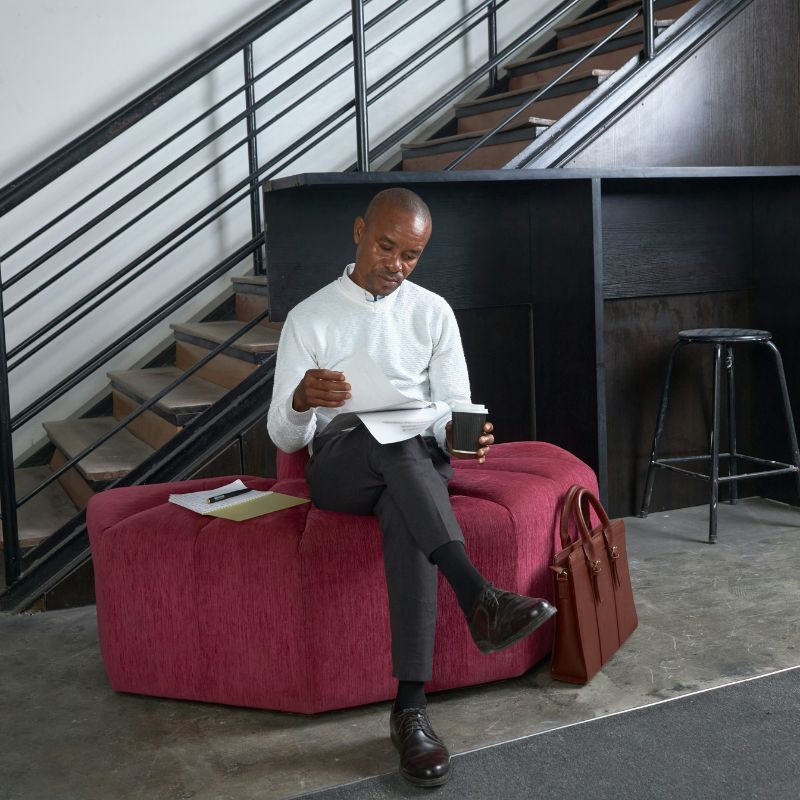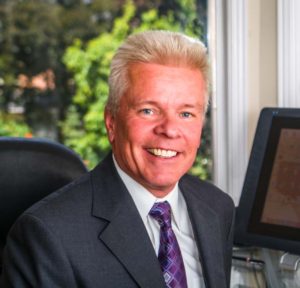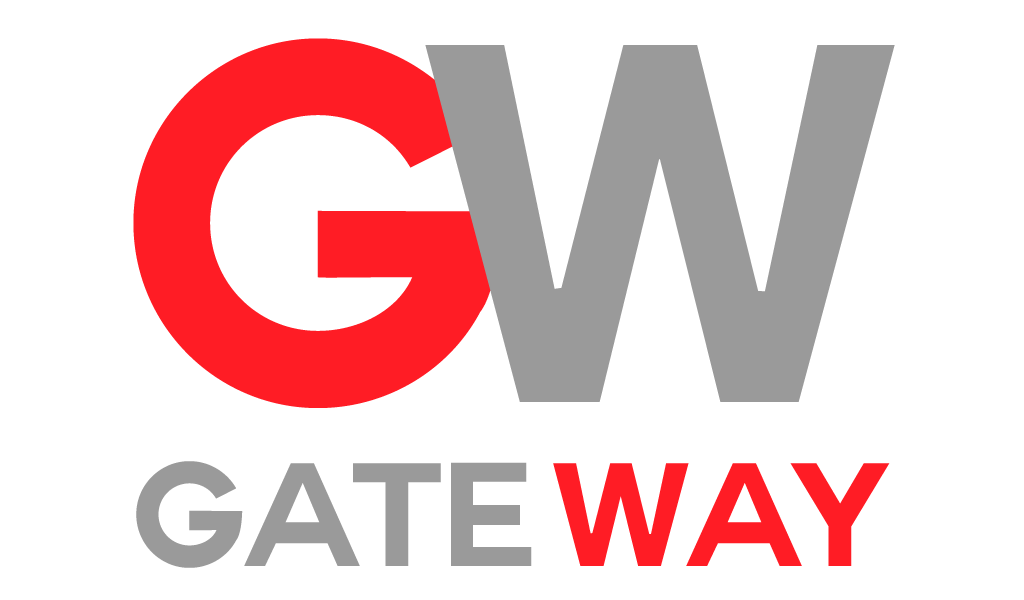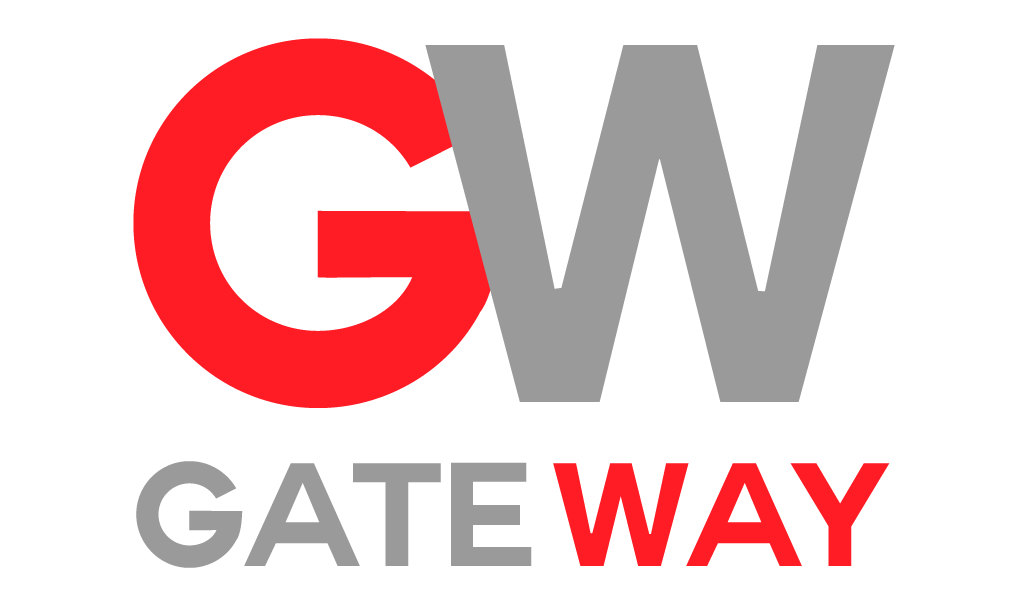
In the professional world, we’ve long been taught that punctuality isn’t just arriving on time—it’s arriving early.
“If you’re not early, you’re late,” goes the adage that’s been drilled into our collective consciousness. But what happens when this conventional wisdom backfires? A recent viral story has sparked a fascinating debate about workplace etiquette, interview protocols, and the sometimes contradictory expectations candidates face in today’s job market.
The 25-Minute Early Arrival That Cost a Job Opportunity
Recently, a post went viral detailing how a candidate arrived 25 minutes early for an interview—only to be disqualified from consideration as a result. According to the LinkedIn post, the interviewer shared this anecdote on social media, explaining that the early arrival was viewed as a lack of respect for the interviewer’s time and schedule. The post ignited a firestorm of reactions across social media platforms, with professionals divided on whether the candidate’s eagerness demonstrated commendable enthusiasm or poor professional judgment.
As someone who has sat on both sides of the interview table, this story immediately caught my attention. It challenges our assumptions about what constitutes professional courtesy and forces us to reconsider the unwritten rules of the hiring process.
When Good Intentions Collide With Unspoken Expectations
The candidate in question likely thought they were demonstrating reliability, enthusiasm, and proper preparation—all qualities employers typically value. After all, arriving early allows for unexpected traffic, building security protocols, or difficulty finding the right office. It’s a buffer against the far worse alternative of being late.
But clearly, in this particular case, the interviewer saw things differently. Their perspective raises valid points: an extremely early arrival can create pressure for the interviewer to rearrange their schedule or leave the candidate awkwardly waiting in a reception area, potentially disrupting the workplace flow.
This disconnect highlights a classic case of good intentions meeting unclear expectations—a minefield that job seekers navigate daily.

The psychology behind early arrivals
What drives us to show up significantly early for important appointments?
Psychology offers some insights:
- Anxiety management: Arriving early helps manage interview anxiety by eliminating time pressure.
- Control seeking: In a process where candidates have little control, controlling arrival time offers a sense of agency.
- Cultural conditioning: Many of us were raised with the “better early than late” mindset.
- Impression management: We believe early arrival signals our eagerness and reliability.
For many candidates, arriving 15-30 minutes early feels like prudent preparation rather than an imposition. The candidate waits in their car or a nearby café until 5-10 minutes before the scheduled time—what many consider the “professional arrival window.” But this viral story suggests that even this approach can backfire if not handled correctly.
The Hiring Manager’s Perspective: Why Early Can Be Inconvenient
To understand why an interviewer might react negatively to early arrival, we need to consider the typical day of a hiring manager:
Their calendar is likely packed with back-to-back meetings, interviews, and pressing operational matters. When a candidate arrives significantly early, it creates several potential issues:
- Reception staff might feel obligated to alert the hiring manager
- The interviewer might feel rushed to wrap up previous tasks
- The early arrival could disrupt carefully planned schedules
It potentially signals that the candidate doesn’t respect boundaries
Lindsay Mustain, former Amazon recruiting leader and career coach, explains: “Hiring managers often schedule interviews in tight windows between other responsibilities. An unexpectedly early candidate creates pressure that can start the interaction on the wrong foot.”
The cultural context: When rules are unwritten but strictly enforced
This situation highlights something important about workplace culture—many of the rules that govern professional interactions are unwritten but nonetheless strictly enforced. These implicit expectations vary widely across industries, companies, and even individual managers.
In some work cultures, arriving 30 minutes early would be seen as commendable dedication. In others, it might be viewed as poor time management or failure to follow protocol.
This variability creates a challenging landscape for job seekers to navigate. How can candidates know the unspoken rules of a workplace they haven’t yet joined?
Finding the Professional Sweet Spot: The 10-Minute Rule
Most career experts agree that arriving approximately 10 minutes before an interview represents the professional ideal. This timeframe:
- Demonstrates punctuality without creating pressure
- Allows time for unexpected delays or building check-in procedures
- Provides a few moments to center yourself before the interview
- Shows respect for everyone’s schedule
If you do arrive earlier than this window, the professional approach is to wait in your car, a nearby café, or another unobtrusive location until the appropriate time to enter the building.
Josh Doody, salary negotiation coach and author, suggests: “If you’re extremely early, use that time productively—review your notes, practice responses, or center yourself. Then aim to walk through the door about 10 minutes before your scheduled interview.”
When Systems Collide: The Punctuality Paradox
This viral story exposes what we might call the “punctuality paradox.” Candidates are simultaneously told:
- Never be late (being even 1 minute late could disqualify you)
- Don’t be too early (it’s disrespectful and puts pressure on the interviewer)
- Plan for unexpected delays (traffic, security, getting lost)
These potentially contradictory expectations create an impossibly narrow target for candidates, especially those interviewing in unfamiliar locations or cities.
This paradox is particularly challenging because the consequences are asymmetrical. Arriving 5 minutes late due to unexpected traffic could immediately disqualify a candidate, while arriving 25 minutes early (and announcing oneself) might apparently do the same.
Beyond timing: What this story really reveals about hiring

-
The passionate debate this story generated reveals something deeper about our hiring processes.
-
Perhaps the focus on such rigid expectations around arrival times indicates a hiring culture that values conformity to unspoken rules over actual qualifications and potential.
-
Dr. John Sullivan, an internationally recognized HR thought leader, notes: “When companies disqualify candidates based on rigid adherence to unspoken etiquette rather than job-relevant factors, they likely miss out on excellent talent who simply come from different professional cultures or backgrounds.”
-
This raises important questions for organizations serious about building diverse, innovative teams:
- Does your hiring process contain similar “gotcha” moments that screen out potentially valuable candidates?
- Are you evaluating candidates on relevant skills and attributes or on their ability to navigate unwritten rules?
- Could your interview process be inadvertently favoring candidates from certain backgrounds who happen to share your unspoken expectations?
Practical takeaways for both sides of the interview table
For Hiring Managers and Organizations:
- Clearly communicate expectations about arrival time in interview confirmation emails
- Recognize that extreme punctuality often comes from anxiety and eagerness, not disrespect
- Consider whether your reaction to minor etiquette differences might be eliminating qualified candidates
- Provide clear instructions about building access, parking, and check-in procedures to help candidates time their arrival appropriately
For Job Seekers:
- Aim to arrive in the building 5-10 minutes before your scheduled interview time
If you arrive earlier, wait in a nearby location until the appropriate time - If you’re unavoidably early and must enter the building, make it clear to reception that you’re happy to wait and don’t expect the interviewer to adjust their schedule
- Consider sending a brief, professional email the day before confirming the interview time and location

The Bigger Picture: Empathy in Professional Interactions
Perhaps the most valuable lesson from this viral moment is the importance of empathy in professional interactions.
Both candidates and interviewers could benefit from considering the perspective of the other party.
Candidates should remember that interviewers have complex schedules and responsibilities beyond the interview itself. Interviewers might consider that candidates face significant pressure and uncertainty, especially when navigating unfamiliar locations and trying to make good impressions.
Dr. Brené Brown, renowned researcher and author on workplace dynamics, suggests: “Empathy is a choice, and it’s a vulnerable choice. In a professional context, choosing empathy over rigid rule-following often leads to stronger connections and better outcomes.”
Conclusion: Navigating the Nuances of Professional Etiquette
The viral story of the candidate who was “too early” serves as a reminder that professional success requires more than technical skills and qualifications—it demands navigating nuanced social expectations that often remain unspoken.
Rather than viewing this as simply a case of a candidate making a mistake or an interviewer being unreasonable, we might see it as an opportunity to bring these unspoken rules into the light. By explicitly discussing expectations around timing, communication, and other aspects of professional interaction, we create more accessible and equitable workplaces.
The next time you prepare for an interview—whether as a candidate or an interviewer—consider how explicit communication might prevent misunderstandings and allow everyone to put their best foot forward at exactly the right time.
After all, in the complex dance of professional interaction, knowing when to arrive is just as important as knowing what to say when you get there.

Gareth Callaway
President, Gateway Staffing

